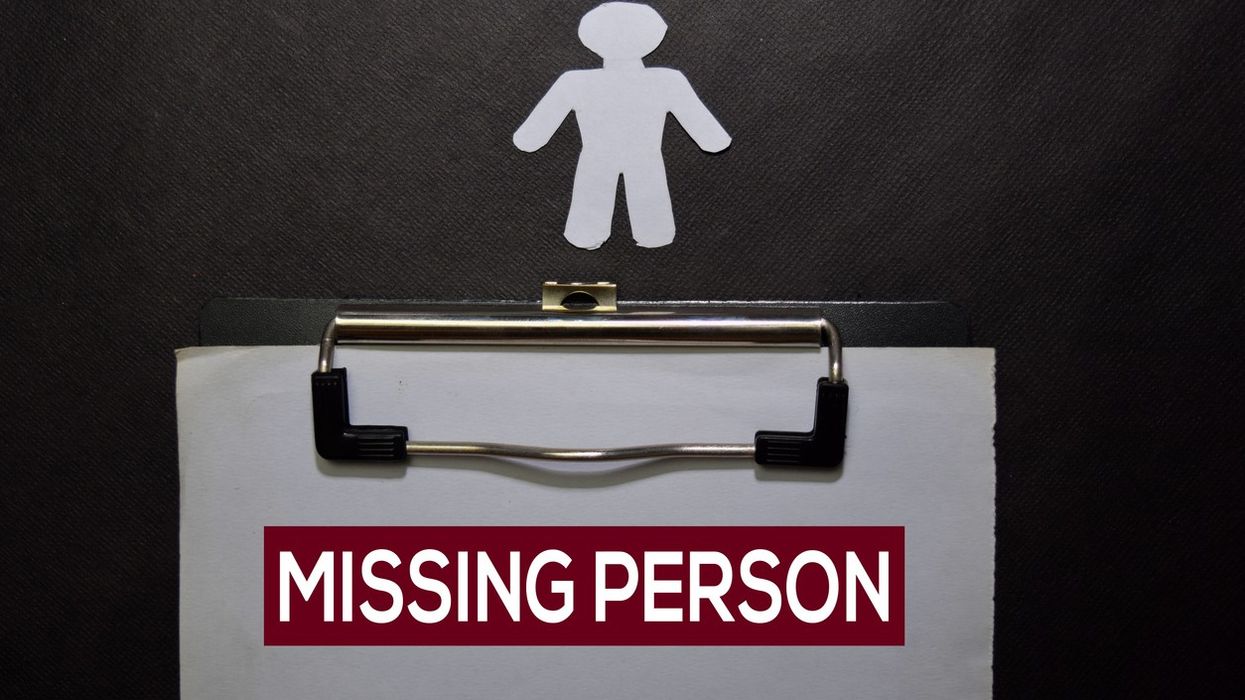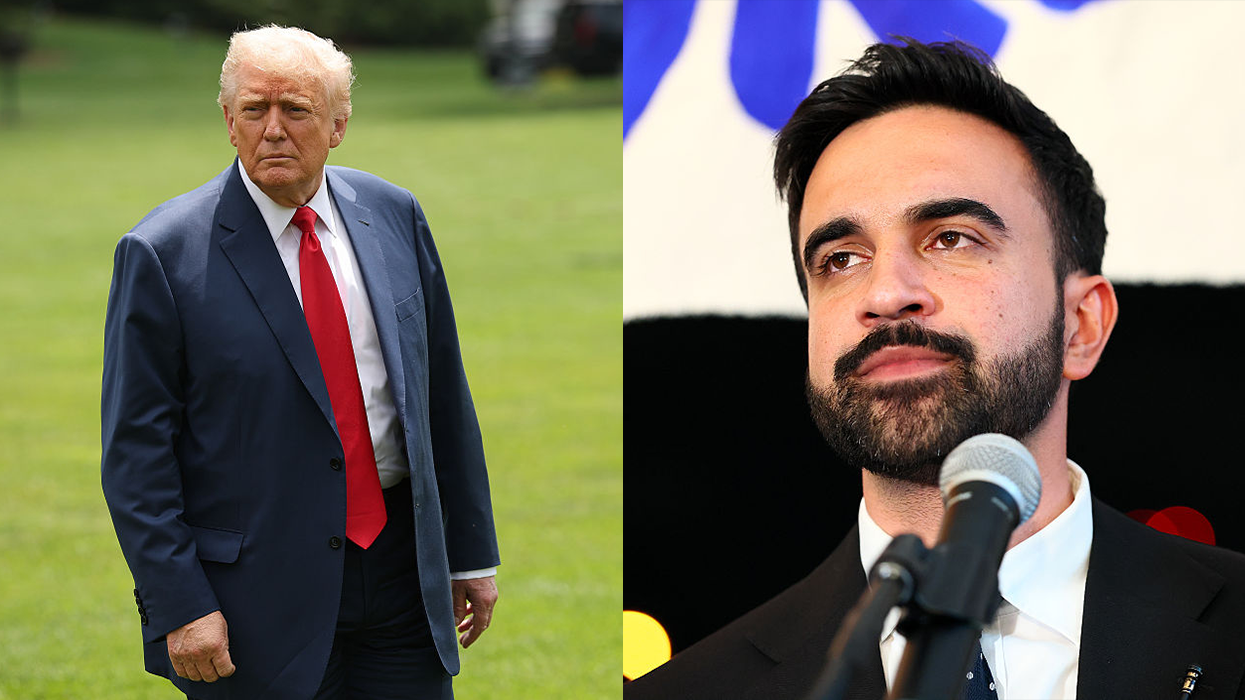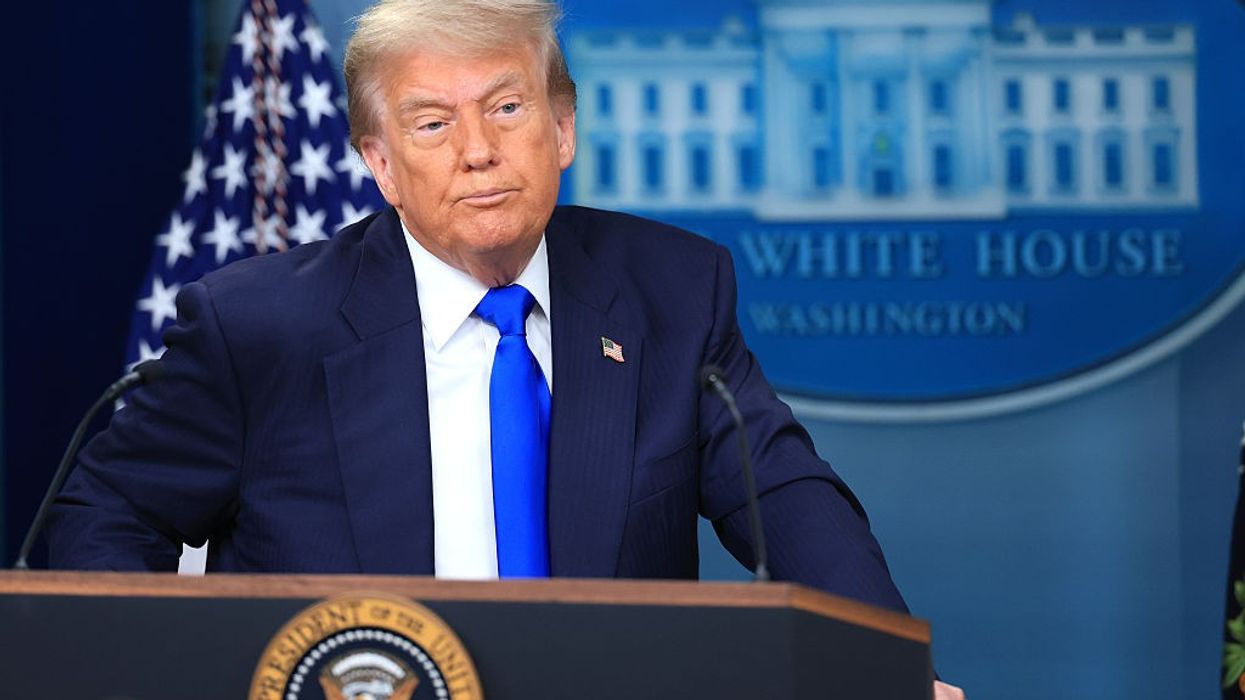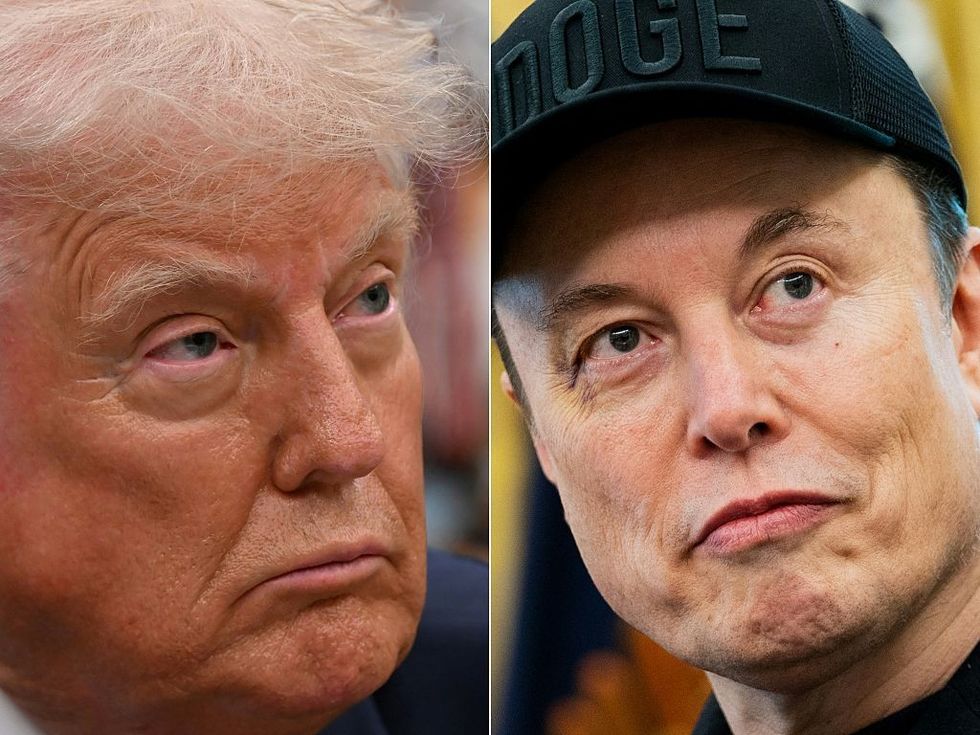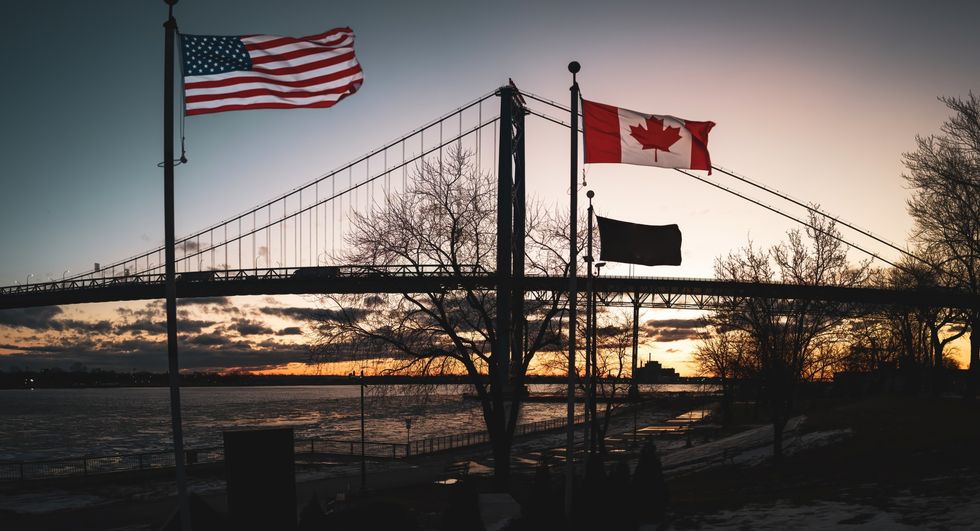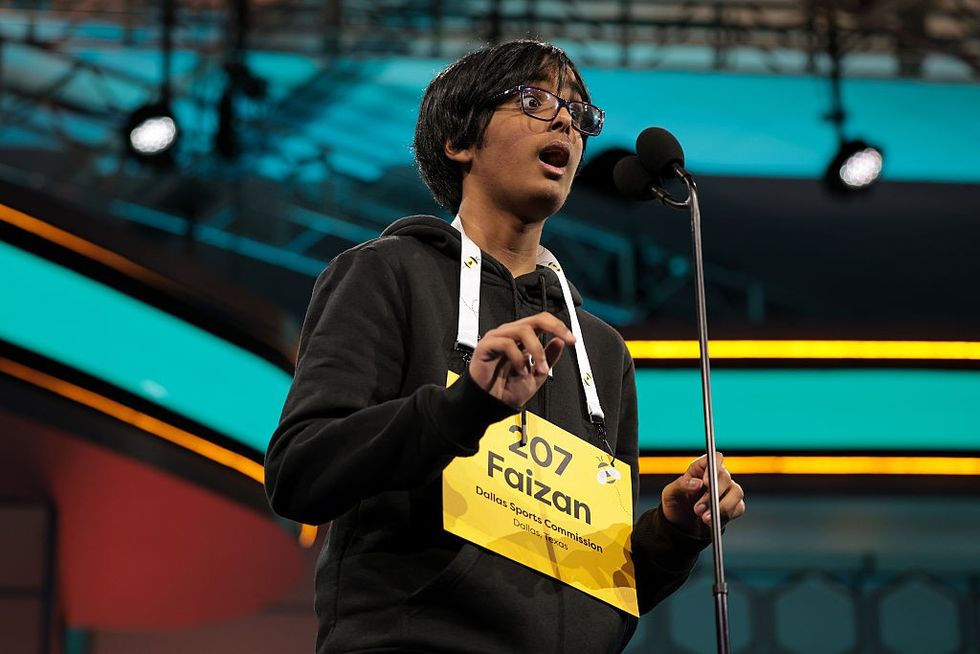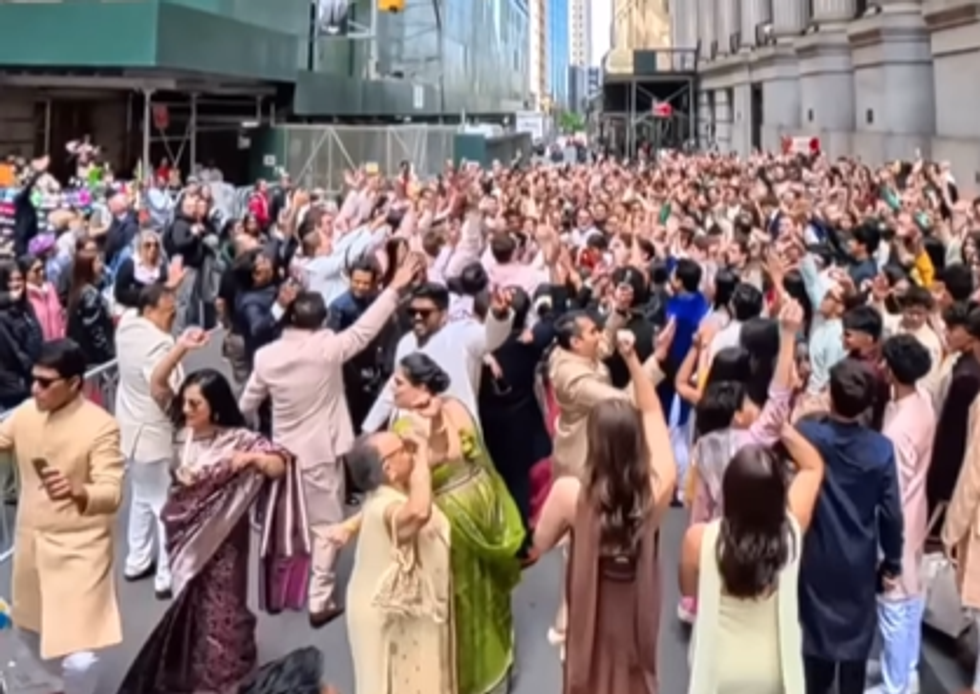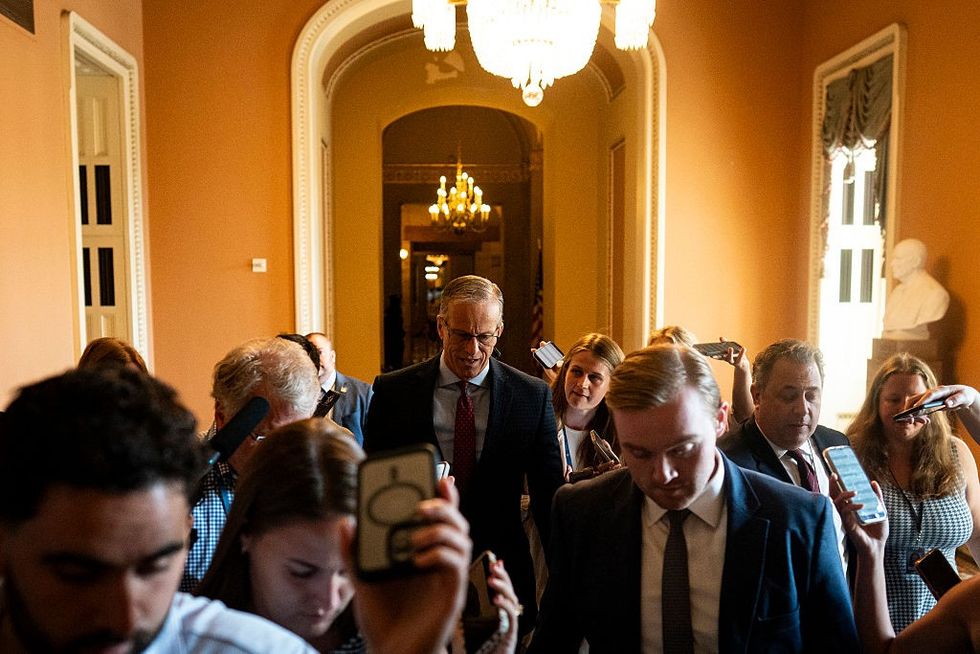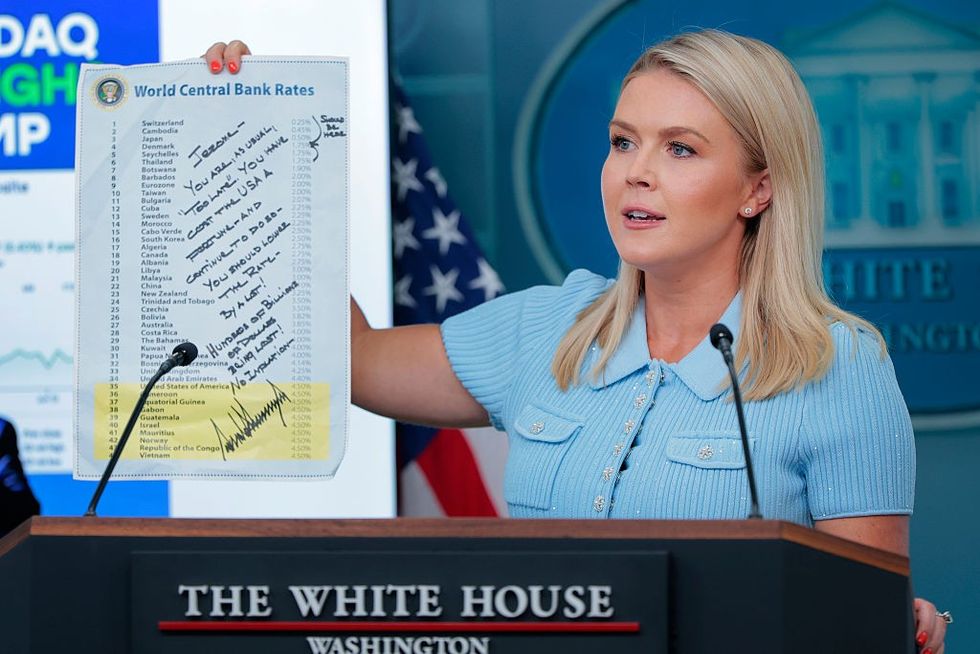WHILE the Indian general elections of 2024 are largely being projected as a battle between the National Democratic Alliance (NDA) led by prime minister Narendra Modi’s Bharatiya Janata Party (BJP) and the opposition Indian National Developmental Inclusive Alliance (INDIA), there are also parties that are not in either camp and still trying to make an impact amid a slide.
The Shiromani Akali Dal (SAD) in the northern state of Punjab is one such outfit. Once the state’s ruling party and a major force in its politics, the SAD has found itself on the margins of both state and national politics, thanks to a prolonged electoral decline.
On the national stage, one of the major challenges that the SAD faces today is that it is no longer a part of the BJP’s NDA. One of the oldest partners in the alliance, the party walked out in 2020 in the wake of the farmers’ protests over the Modi government’s farm bills, disrupting the electoral template it had been following in Punjab during the general elections since 1996 – contesting in partnership with the BJP.
While SAD’s chief Sukhbir Singh Badal has remarked that for his party, principles matter more than number games, there is no denying that it is desperate to see a revival, particularly after its disastrous results in the 2022 state polls when it was relegated to the third position with just three seats.
Read: EXCLUSIVE: We made Dalits focal point of Punjab politics, says BSP's Garhi
An effort to resume the alliance with the BJP also reportedly a few months ago, which means the SAD will find itself pitted against two stronger opponents – the Aam Aadmi Party and the Indian National Congress.
India Weekly spoke with Naresh Gujral, one of the SAD’s most prominent leaders and a former parliamentarian, about his party and its election strategies and the decade-long rule of PM Modi.
When the SAD ended its alliance with the BJP, Gujral had said that unfortunately, nobody understands the psyche of Punjab after the death of former finance minister Arun Jaitley.
When the publication asked him whether he thought the BJP has failed SAD as a former ally and the state of Punjab, he said while the BJP government’s farm laws made the state’s farmers, who form a major support base for the SAD, insecure, it had no other option but to quit the NDA. He also accused the Hindu right-wing Rashtriya Swayamsevak Sangh’s (RSS) alleged involvement in Punjab’s gurdwara politics and it was not appreciated by the SAD.
Read: India's Congress picks Rahul Gandhi for Rae Bareli but questions remain
“SAD is a party of farmers. Our leadership and our cadre -- 99 per cent of it consists of farmers. Farmers in Punjab will feel very insecure with these laws. When the BJP brought in those three laws, we warned them both in the cabinet and thereafter, that these laws would not go down well with the farmers. We were assured that before drafting the law, we would be consulted.
However, that was not done. So, as a result, we had no choice but to resign from the cabinet. That was point number one,” he said.
“Secondly, we were highly dissatisfied with the RSS getting involved in ‘gurdwara politics’ but that continued. Haryana (neighbouring state) made a separate gurdwara committee. They interfered in the gurdwara affairs of Patna Sahib and Hazoor Sahib. In Delhi, they inducted our entire leadership into their party and thereby, captured the Delhi gurdwara management committee,” the veteran leader added.
Gujral accused the BJP of blatantly disregarding the coalition ‘dharma’ (responsibility).
“When you have a coalition with a longstanding partner, who gave you unconditional support for more than 25 years, then you do not induct each other’s members into your party. You do not play these games,” he told India Weekly.
Among other issues that Gujral raised is alleged lack of leniency shown to Sikh prisoners who have been languishing in jail for more than 30 years, sometimes serving more time behind the bars than their life sentences and the lack of trade with neighbouring Pakistan.
According to the SAD leader, being a state bordering Pakistan, Punjab bears the brunt of endless tension between the two countries and emphasized that while a strong policy on terrorism is key, India also needs to initiate trade dialogue with Pakistan as that would help the local farmers who are solely dependent on agriculture.
He said unlike the general belief, farmers in Punjab are not very rich and with shrinking land holdings, the income of farmers is also going downhill.
Gujral also said that no new industry has come up in the state in the last seven-eight years either and that all large industrial ventures with the potential to generate employment are taken to the state of Gujarat.
“The same problem persists with the rest of the country,” he added.
Speaking on the employment scenario in Punjab, Gujral also said that generation of jobs is the need of the hour in Punjab as that can stop mass migration of Punjabi youth to other nations, seriously affecting the state’s social fabric.
“Arun Jaitley was very sensitive to all these issues. But I hate to say that none of the BJP leaders who have dealt with Punjab have even read five pages of Punjab’s history. So, they do not understand a Punjabi’s psyche, especially a Jat farmer’s psyche. And, that is the reason, our coalition broke,” Gujral told India Weekly.
On whether the farmers’ issue remains a major challenge to revive the SAD’s ties with the BJP, Gujral conceded that the challenge is indeed major since Punjab is primarily an agrarian state and hence the problem strikes a chord with its people, unlike many other states that can rely on sectors such as industry and trade.
The SAD is neither in alliance with the Bahujan Samaj Party, a caste-based outfit with which it contested in alliance in the Punjab state elections two years ago. When asked about it, Gujral confirmed it and out the onus on the BSP saying it was the latter which terminated the partnership assuming they would ally with the BJP and took the step without making any consultation.
The rise of the AAP as a new force in state politics has challenged the SAD even more. After losing two consecutive elections in the state, the SAD would be keen to return to power in 2027, a decade since it last held office. But how does the party cope with the challenges in the post-Parkash Singh Badal, the party’s most popular chief minister who passed away last year?
Gujral considers the rise of the AAP as a one-shot affair.
“The recent surveys that we conducted show their graph has gone down dramatically. I can say confidently that they will hardly manage to win one or two seats and even that is doubtful. Their vote share will move back to Akali Dal and Congress. Akali Dal will retain its traditional vote bank and as a result, we will do much better. A section of the vote has also moved to the BJP. So, the BJP this time will do better than expected in Punjab,” he said.
Analysing more, Gujral said in Punjab’s four-way contest where the fourth party gets 20-21 per cent of the votes, and smaller and lesser-known parties and independents secure 4-5 per cent votes, the qualifying mark goes down to 28-29 per cent.
“When the threshold is 28-29 per cent, there are bound to be surprises and the margins will be very small,” he said, adding, “In Doaba and parts of Malwa, BSP also has a presence. Their vote share in Doaba would be 7-8 per cent and when you add that to the vote share of the fourth player that is, 20-21 per cent, it means that the rest three will get around 70 per cent of the votes. Out of 70, obviously whoever gets 27-28 per cent, rocks home.”
The AAP and the Congress, despite being a part of the INDIA bloc and making alliances in some other states such as Delhi, Gujarat and Haryana, are contesting alone in Punjab.
If the SAD is not impressed with the BJP's variety of politics, why is it not part of the INDIA alliance either in this election?
To this, Gujral said his party can never be a part of an alliance that has the Congress in it.
"Our people have not forgotten the massacre of the Sikhs in 1984 which was led and executed by the Congress's goons apart from the fact that former prime minister Indira Gandhi had sent tanks to the Golden Temple -- the holiest of the holy Sikh shrines of this brave community which has left a deep scar on their psyche," he said.
Gujral, son of former Indian prime minister Inder Kumar Gujral, has a mixed take on Modi’s 10-year-long stay in power.
Speaking about the Modi decade, he said, “As far as their record is concerned, there is good, there is bad and there is ugly.”
Gujral said he has appreciated Modi’s economic policies from the very first day, like bringing discipline in the nationalized banks and the bureaucracy.
“What is admirable is that this government has always shown fiscal discipline which is very important for India,” he added.
But the SAD leader holds reservations when it comes to the Modi government’s social policies directed at minorities.
“I have raised this issue within the parliament and outside. In a country as diverse as India, you have to ensure that minorities also have a place under the sun. You cannot make them feel like second-class citizens,” Gujral said, adding, “Whether it is a Muslim, Christian, or Sikh, everyone feels insecure today. The prime minister said something about the Muslims recently which I deplore. Christians are being attacked too. Farmers of Punjab were called anti-India, Khalistani, or terrorists by the Sangh Parivar even when they had been protesting peacefully for seven months. The Sikh farmers’ community has made the highest sacrifices for the country. The sons of the kisaans (farmers) stand at the border defending India. And, yet there was no sympathy when 800 people died in the protests.”
He also accused Modi of running a one-man show saying the PM had to apologise and withdraw the laws. He said everything is happening according to one man’s will and there is no discussion in the cabinet.
“That is not good for democracy,” he added.
Thirteen parliamentary seats in Punjab go to polls on June 1. Results of the national elections will be announced on June 4.

